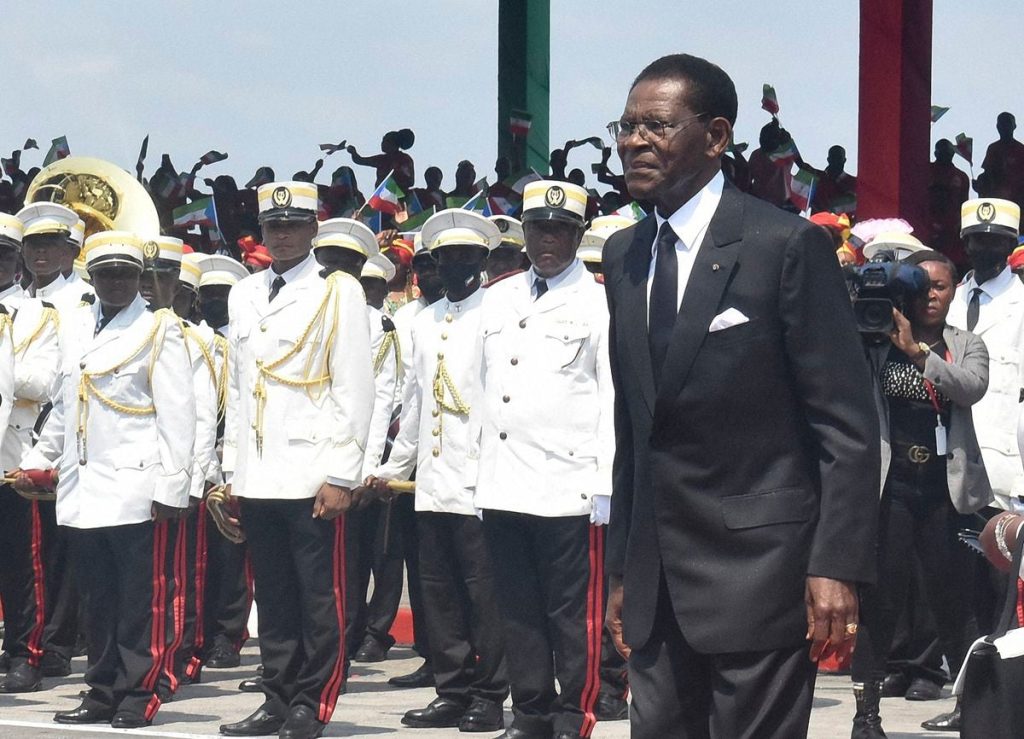Teodoro Obiang Nguema, the president of Equatorial Guinea, is known for his relentless pursuit and abduction of his political opponents, both within his country and across the globe. Reports from various organizations such as the General Information Police Department, the United Nations, and the US Department of State have highlighted the abduction of 34 dissidents by the dictator’s secret services between 1997 and 2019. The common pattern in these abductions involves the use of payment to mercenaries or African collaborators, as well as the presidential plane as a shield to transport victims to Malabo, the capital of Equatorial Guinea. Some of the kidnapped opposition members were executed, while others have disappeared without a trace.
The investigation into Obiang’s ruthless persecution of his exiled opponents reveals a chilling pattern of deceit and manipulation, including false job offers used to lure victims to African countries where they are then abducted by local police or mercenaries in exchange for money. The victims are then taken to the Guinean embassy and ultimately transported to the presidential plane before ending up in Black Beach prison in Malabo. This prison, once overseen by Obiang himself before his rise to power, is notorious for its harsh conditions, including torture and mistreatment, forcing prisoners to live in dramatic circumstances. The detainees are often subjected to military trials with no due process and are sentenced to decades of imprisonment.
In a particularly striking case, an ex-commander of the Equatorial Guinean Navy, Juan Ondo Abaga, was lured into a trap in Benin in 2005 under the pretext of a business meeting, only to be drugged and abducted by agents of Obiang. He was taken to Nigeria and then transferred to the presidential plane for transportation back to Equatorial Guinea, where he was imprisoned in Black Beach. It was due to international pressure that he was eventually released after three years of captivity. Similarly, the story of Anastasio Bita Rope Lope, a Bubi activist living in Ivory Coast, ended tragically when he was abducted from his home by alleged police officers and later found dead with gunshot wounds. The relentless pursuit of exiled dissidents by Obiang’s regime is exemplified by the case of Cipiriano Nguema Mba, a former lieutenant colonel who was kidnapped twice, tortured, and finally managed to escape to Belgium.
The case of Fulgencio Obiang Esono and Francisco Micha Obama further illustrates the extent of Obiang’s campaign to silence his critics. These two individuals, living in Italy and Spain, respectively, were lured to Togo under false pretenses and then abducted to Equatorial Guinea aboard the presidential plane. Subsequently, they were imprisoned in Black Beach, where they faced torture and an unfair trial that resulted in lengthy prison sentences. The most recent victims of Obiang’s abduction tactics include Martin Obiang Ondo, Feliciano Efa Mangue, Bienvenido Ndong, and Julio Obama, all of whom were residents of Madrid. They were also forcibly taken to Equatorial Guinea on the presidential plane and subsequently convicted on charges of attempting a coup.
The death of Julio Obama, following the news of an investigation into the son of the dictator, Carmelo Ovono Obiang, for terrorism and torture, underscores the grave consequences faced by those targeted by the regime. Despite ongoing investigations and international pressure, the fate of the remaining kidnapped dissidents remains uncertain, with little information available on their current condition. The horrific testimonies of those who have managed to escape shed light on the brutal tactics employed by Obiang’s regime to stifle dissent and maintain power, painting a grim picture of political repression in Equatorial Guinea.


